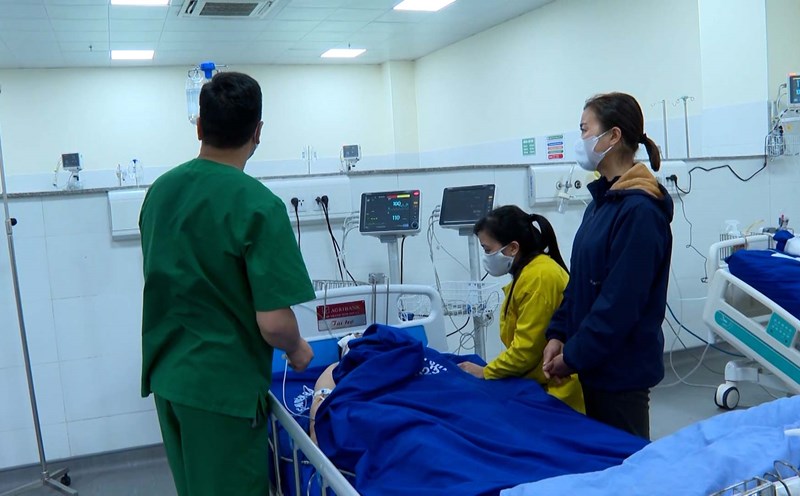Mr. Dau Thanh Tung - Vice Chairman of Thanh Hoa Provincial People's Committee has just signed a document to the Department of Labor, Invalids and Social Affairs, People's Committees of districts, towns and cities in the province to strengthen the implementation of the recovery of amounts of money that are not in accordance with preferential regimes for people with revolutionary contributions.
The above is to strictly implement the Government's direction in Resolution No. 119/NQ-CP dated September 9, 2018 on handling allowances for meritorious people that have been received incorrectly; inspection conclusions of the Ministry of Labor, Invalids and Social Affairs on urging the recovery of benefits that are not in accordance with the state budget payment regime according to regulations.
According to the report of the People's Committees of districts, towns and cities, by December 31, 2024, the total number of subjects receiving incorrect benefits according to the inspection conclusion was 2,116 subjects with a total amount to be recovered of more than 258.3 billion VND. Up to now, the total amount recovered to the state budget is more than 1.1 billion VND.
According to the People's Committee of Thanh Hoa province, although state management agencies at all levels have issued many documents to direct and urge; local officials have visited each household to propagate and encourage the subjects to return the wrong amount of benefits, the recovery results are very low.
Therefore, the Provincial People's Committee assigned the Department of Labor, Invalids and Social Affairs, districts, towns and cities to continue to implement and strictly implement the recovery of the above-mentioned illegal benefits.
Previously, regarding the issue of collecting the amount of wrongly spent money for meritorious people through the periods, the People's Committee of Thanh Hoa province also issued a document requesting the Ministry of Labor, War Invalids and Social Affairs to consider not recovering the subsidy paid to the above subjects. The reason is that most of these cases are poor, near-poor households, with difficult family circumstances.










